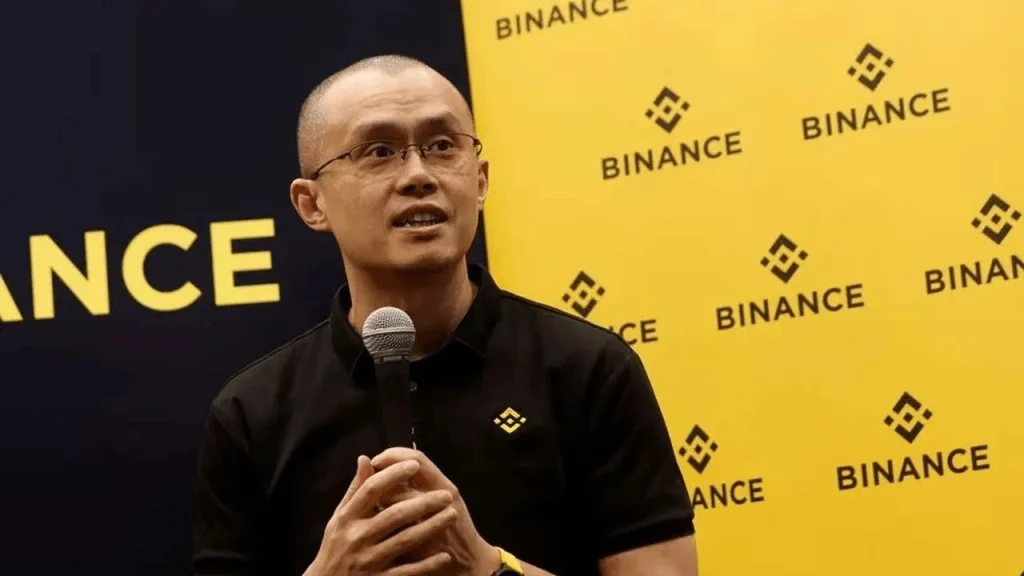On Tuesday, a four-month prison sentence was given to Changpeng “CZ” Zhao, the founder and ex-CEO of Binance, a cryptocurrency exchange. After listening to the DOJ’s case for a long and harsh sentence, U.S. Judge Richard Jones directly argued on the other side.
Owing to his failure at developing and enforcing Binance’s Anti-Money Laundering (AML) program, a three-year prison sentence was recommended to the ex-CEO by the prosecutors. He entered a guilty plea to this charge in November. CZ’s counsel has moved for probation.
The court’s judgment demonstrates that Judge Jones was unambiguous that CZ was not aware of any specific unlawful activity at Binance. However, when the prosecutors requested the judge elevate the sentence from eighteen months to three years, the judge refused.
The state defense counsel during closing arguments argued that at Binance, CZ’s conduct revealed an inclination to beg for forgiveness rather than for permission. They claimed he should not be allowed to take advantage of his actions.
“There’s no evidence that the defendant was ever informed […] The court finds the defendant has accepted responsibility […] Everything I see about you and your characteristics are of a mitigating nature.”
U.S. District Court for the Western District of Washington, Judge Richard Jones
Wearing a light blue tie and a navy blue suit, Zhao received his fate in court beside his mother, sister, nephew, and son. A buzz cut was Zhao’s hairstyle. As part of his plea deal from last year, Zhao agreed to pay a fine of $50 million—a pitiful fraction of his whole wealth.
During the sentence process, the judge will take into consideration hidden facts in court filings, according to lawyers defending Zhao. Judge Jones may impose a probation term less than six months, according to his legal team, who raised fears that his affluence might make him susceptible to abuse while incarcerated.
Crypto Community’s Reaction
“Incarceration is necessary to reflect the seriousness of the offense […] A probationary sentence here will incentivize others to break the law and to do it in the largest scale possible.
Kevin Mosley (From the prosecutors side)
CZ stated that he “had a lot of quiet time alone to think and reflect” prior to his punishment and acknowledged responsibility. Additionally, he said that he was responsible for Binance’s failure to implement an effective anti-money-laundering mechanism.
CZ: “I think the first step to taking responsibility is to fully recognize the mistakes. Here, I failed to fully set up a [know-your-customer program] … I also recognize the importance of having a robust KYC/[anti-money-laundering] program. That is why I directed Binance to cooperate with the U.S.’s investigation.”
The original hearing date was in December, after former FTX CEO Sam Bankman-Fried was convicted on seven felony charges in November, with the original rescheduling having taken place in February. The lawyers from Bankman-Fried’s team of attorneys acted promptly; though, by filing an appeal, he can serve a maximum of 25 years in prison.
Bankman-Fried’s trial and sentencing attracted a massive queue outside the New York City courthouse, while CZ’s hearing was less documented, participants observed.
Furthermore, the attorneys of the Justice Department stated that the crypto case should not revolve around the people who were the defendants but rather on the magnitude of the crimes committed.
Zhao’s defense attorney argued that Zhao had indeed worked with the United States government and noted that the Department of Justice had confirmed and recorded this cooperation.


